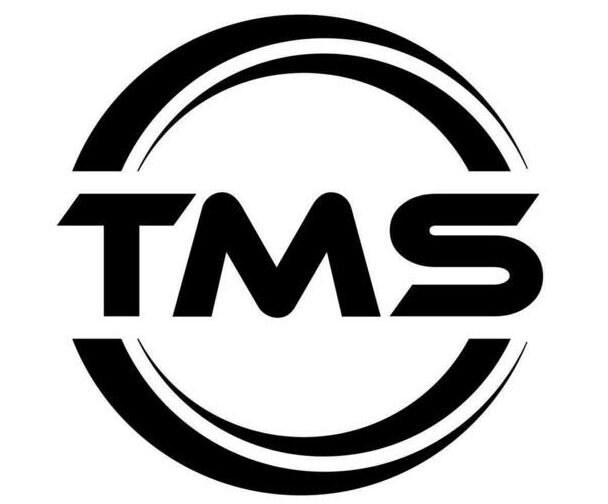Speech Therapy Materials
Speech therapy materials are fundamental in assisting individuals with articulation, fluency, voice, and language development. These resources encompass a variety of tools designed to address specific speech and language challenges. For instance, articulation cards are widely used in therapy sessions to help clients practice and improve their pronunciation of different sounds. These cards often feature images and words that emphasize particular phonetic elements, making them a practical resource for both therapists and clients.
In addition to traditional tools like articulation cards, speech therapy apps have become an indispensable component of modern speech therapy. These apps offer interactive and engaging activities tailored to individual needs, thereby facilitating consistent practice outside of therapy sessions. Many apps are designed to provide instant feedback, allowing users to correct and refine their speech in real-time. This immediate reinforcement can significantly enhance the efficiency of therapy.
Worksheets are another valuable resource in speech therapy. These materials often include exercises that focus on various aspects of speech and language, such as vocabulary building, sentence structure, and comprehension. Worksheets can be customized to target specific goals, making them versatile tools in a therapist’s arsenal. By incorporating these worksheets into therapy sessions, therapists can track progress and adjust their strategies accordingly.
Interactive games also play a pivotal role in speech therapy. These games can make learning more enjoyable and less daunting for clients, particularly for younger individuals. Games that involve verbal instructions, storytelling, or role-playing can enhance language development and encourage spontaneous speech. By incorporating these engaging activities, therapists can create a more dynamic and effective therapy environment.
Overall, the integration of various speech therapy materials into therapy sessions is crucial for achieving optimal outcomes. Whether through the use of articulation cards, speech therapy apps, worksheets, or interactive games, these resources provide essential support for individuals working to improve their communication skills. By leveraging these materials strategically, therapists can better address the unique needs of their clients and foster significant progress in their speech and language development.
Occupational Therapy, Special Education, and Preschool Materials
Occupational therapy, special education, and preschool settings employ a diverse range of materials to support cognitive and physical development, aid in daily living activities, and foster an inclusive learning environment. These resources are carefully chosen to meet the specific needs of children, particularly those with disabilities and developmental delays. Sensory integration tools, fine and gross motor skill development resources, adaptive equipment, and educational toys are key components in these settings.
Sensory integration tools play a crucial role in helping children process and respond to sensory information. Items like weighted blankets, sensory bins filled with various textures, and fidget toys can assist children in achieving sensory regulation, which is essential for focused learning and participation in daily activities.
For fine motor skill development, materials such as therapy putty, bead stringing sets, and pegboards are commonly used. These tools help children strengthen their hand muscles and improve coordination, which are vital for tasks such as writing, buttoning clothes, and using utensils. Gross motor skill development, on the other hand, is supported by resources like balance beams, climbing walls, and therapy balls. These items aid in enhancing overall body coordination, strength, and balance.
Adaptive equipment is indispensable for children with physical disabilities, providing them with the necessary support to perform daily living activities. Examples include adaptive seating, specialized utensils, and communication devices. These tools are designed to promote independence and ensure that children can participate fully in their environments.
Educational toys also play a significant role in these settings, as they are designed to be both engaging and developmental. Puzzles, building blocks, and interactive games can enhance problem-solving skills, cognitive development, and social interaction among peers. These toys are often tailored to address specific developmental milestones and learning objectives, making them a valuable asset in any educational toolkit.
In practical scenarios, therapists and educators use these materials to create individualized therapy sessions and lesson plans. For instance, a child with sensory processing difficulties might engage in activities using sensory bins to improve tactile exploration, while another child with fine motor challenges might work on stringing beads to enhance hand-eye coordination. By integrating these tools into their practices, professionals can provide targeted support that fosters growth and development in a holistic manner.
